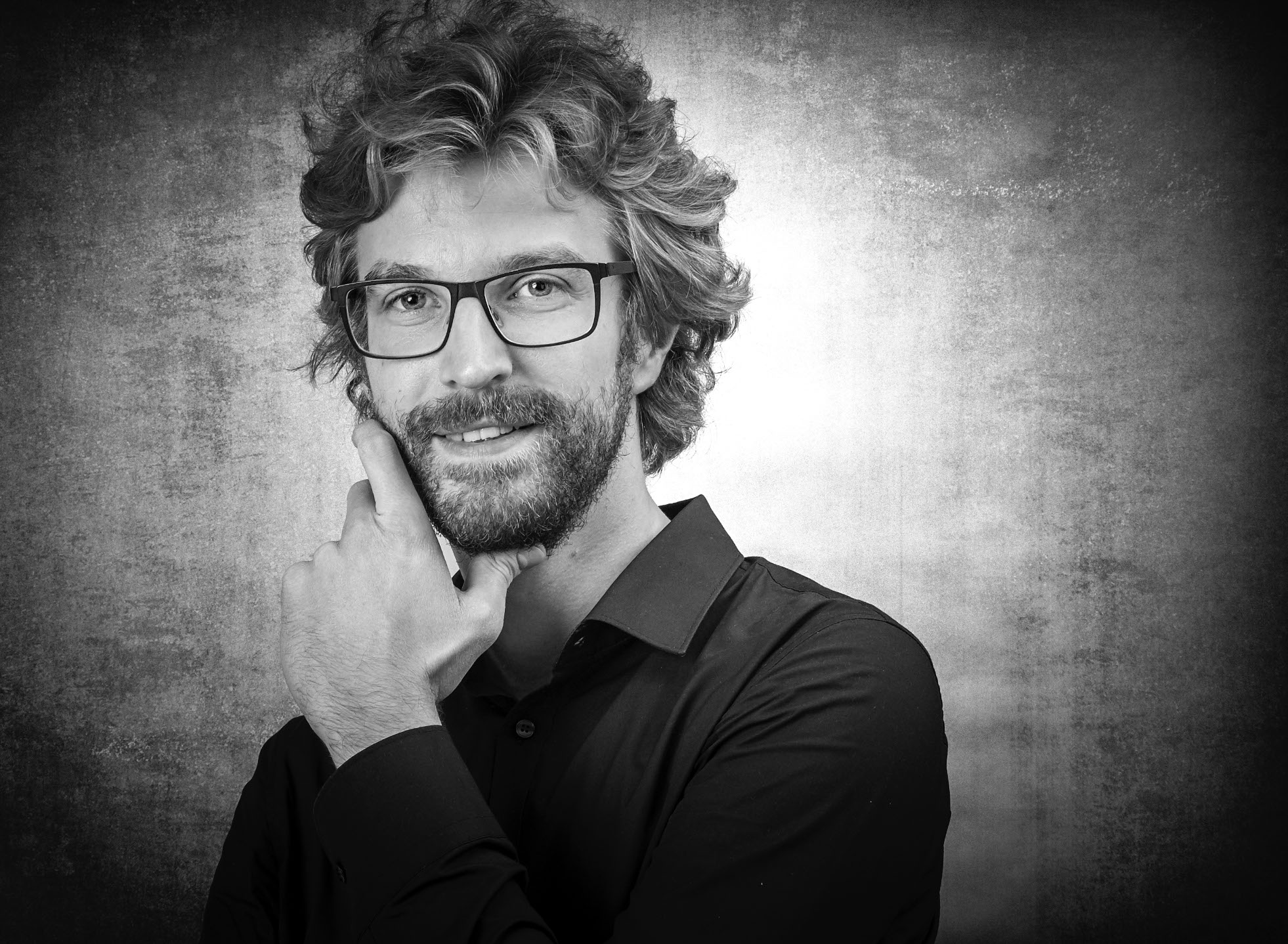Matthias Wilhelm is awarded a Villum Young Investigator Grant
Development of new theoretical methods to understand the thermodynamics of strongly coupled quantum field theories in general, and the quark-gluon plasma and its transition to ordinary matter in particular.
 In the first, extremely hot split seconds our universe existed, the elementary particles quarks and gluons existed freely in an exotic state known as the quark-gluon plasma. Shortly after though, when the universe expanded and cooled down, they started being confined to form the nuclei of the atoms that surround us. The interactions of quarks and gluons are described by a quantum field theory called Quantum Chromo Dynamics. This quantum field theory is strongly coupled, rendering traditional methods for its theoretic understanding inapplicable. The aim of the project is to develop new theoretical methods to understand the thermodynamics of strongly coupled quantum field theories in general, and the quark-gluon plasma and its transition to ordinary matter in particular.
In the first, extremely hot split seconds our universe existed, the elementary particles quarks and gluons existed freely in an exotic state known as the quark-gluon plasma. Shortly after though, when the universe expanded and cooled down, they started being confined to form the nuclei of the atoms that surround us. The interactions of quarks and gluons are described by a quantum field theory called Quantum Chromo Dynamics. This quantum field theory is strongly coupled, rendering traditional methods for its theoretic understanding inapplicable. The aim of the project is to develop new theoretical methods to understand the thermodynamics of strongly coupled quantum field theories in general, and the quark-gluon plasma and its transition to ordinary matter in particular.
Matthias Wilhelm joined the Niels Bohr Institute in fall 2015 after receiving his PhD from Humboldt University Berlin. The grant will allow him to hire two postdocs and one PhD student during the course of the next five years.
